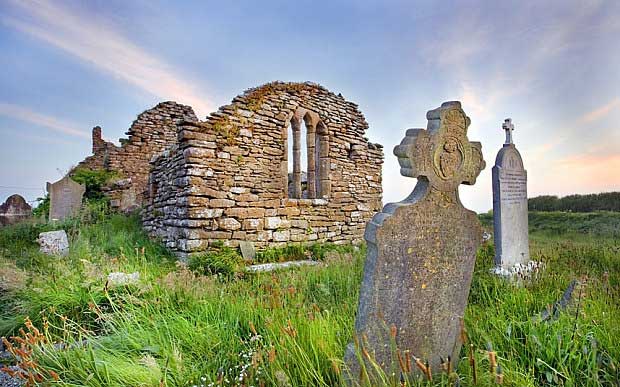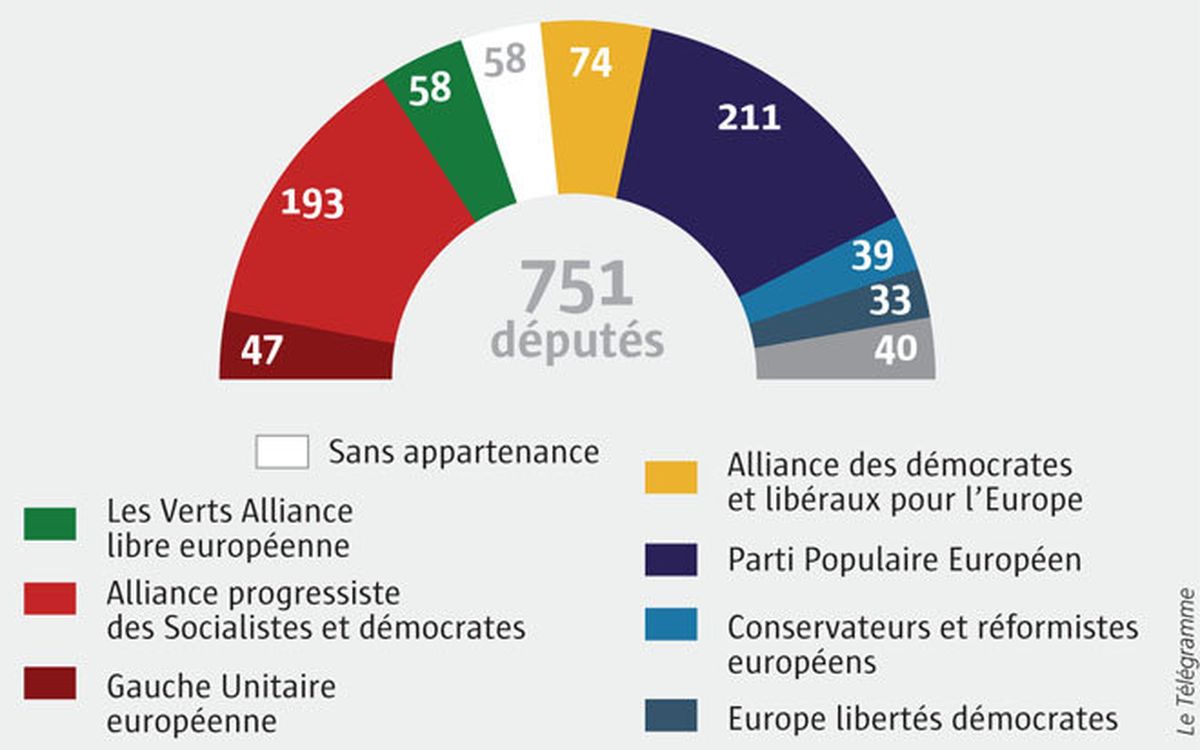The Roberts Court And Religious Freedom: A Shifting Landscape Of Church-State Relations

Table of Contents
Landmark Cases Defining Religious Freedom under the Roberts Court
Several landmark cases have redefined the boundaries of religious freedom during the Roberts Court era. These decisions, while often lauded by religious liberty advocates, have also sparked intense debate and criticism regarding their impact on other constitutional rights and principles of equality.
Burwell v. Hobby Lobby Stores, Inc. (2014): Religious Exemptions for For-Profit Corporations
Burwell v. Hobby Lobby centered on the Affordable Care Act's (ACA) contraceptive mandate. The closely held, for-profit corporation, Hobby Lobby, argued that the mandate violated their owners' sincerely held religious beliefs. The Supreme Court, relying on the Religious Freedom Restoration Act (RFRA), ruled in favor of Hobby Lobby, establishing a precedent for religious exemptions for for-profit corporations.
- Key Arguments: Hobby Lobby argued that the mandate substantially burdened their religious exercise, violating RFRA. The government countered that the mandate served a compelling government interest and was the least restrictive means to achieve that interest.
- Majority Opinion: The majority opinion held that RFRA applied to for-profit corporations and that the government had not demonstrated a compelling interest that justified the substantial burden on Hobby Lobby's religious exercise.
- Dissenting Opinions: Dissenting justices argued that the decision created a dangerous precedent, potentially undermining crucial public health initiatives and expanding religious exemptions beyond their intended scope.
- Long-Term Consequences: This decision significantly broadened the application of RFRA, leading to numerous subsequent legal challenges involving religious exemptions in various contexts, including the contraceptive mandate and other aspects of healthcare. Keywords: Religious Freedom Restoration Act, RFRA, closely held corporations, religious exemptions, contraceptive mandate.
Masterpiece Cakeshop, Ltd. v. Colorado Civil Rights Commission (2018): Religious Freedom vs. Anti-Discrimination Laws
Masterpiece Cakeshop involved a baker who refused to create a cake for a same-sex couple's wedding, citing his religious objections. The case pitted religious freedom against anti-discrimination laws protecting LGBTQ+ individuals. The Supreme Court's decision was narrow, focusing on perceived hostility in the Colorado Civil Rights Commission's proceedings rather than directly addressing the broader conflict between religious freedom and anti-discrimination laws.
- The Court's Decision: The Court vacated the Colorado Civil Rights Commission's ruling, highlighting concerns about the Commission's apparent lack of neutrality towards the baker's religious beliefs.
- Differing Opinions: The decision left many questions unanswered, fueling ongoing debate about the application of public accommodation laws in cases involving religious objections to same-sex marriage and other issues.
- Ongoing Debate: The case continues to be a focal point in the ongoing discussion surrounding religious expression, free exercise, and the balancing of competing constitutional rights. Keywords: public accommodation, same-sex marriage, anti-discrimination laws, religious expression, free exercise clause.
Carson v. Makin (2022): Public Funding and Religious Schools
Carson v. Makin addressed the constitutionality of Maine's tuition program, which provided public funds for students attending private schools but excluded schools that provided religious instruction. The Supreme Court ruled that excluding religious schools from this program violated the Free Exercise Clause of the First Amendment.
- Legal Arguments: The plaintiffs argued that excluding religious schools from the program discriminated against them based on their religious character. The state argued that excluding religious schools was necessary to uphold the Establishment Clause, preventing government endorsement of religion.
- Implications for the Establishment Clause: The decision raised questions about the limits of the Establishment Clause and its interaction with the Free Exercise Clause.
- Potential Future Litigation: This ruling is likely to impact similar programs in other states and lead to further litigation surrounding public funding for religious institutions. Keywords: establishment clause, free exercise clause, public funding, religious schools, Maine tuition program.
The Expanding Scope of Religious Exemptions
The Roberts Court's decisions have contributed to a trend of expanding religious exemptions in various areas of law, raising concerns about potential conflicts with other constitutional rights and principles of equality.
Impact on Employment Law
Religious exemptions are increasingly impacting workplace policies and employee rights. Employers are seeking exemptions from laws requiring certain accommodations for employees, sometimes leading to conflict.
- Examples of Cases: Several cases involve employees seeking religious exemptions from workplace dress codes, mandatory overtime, or participation in certain activities.
- Potential for Conflict: The expansion of religious exemptions in the workplace can create tension between religious freedom and other employee rights, such as equal treatment and non-discrimination. Keywords: religious accommodation, workplace discrimination, employment law, religious exemptions, Title VII.
Impact on Healthcare
Religious exemptions also significantly impact healthcare settings, creating conflicts between religious beliefs and healthcare practices.
- Conflicts between Religious Beliefs and Healthcare Practices: This includes issues such as access to reproductive healthcare, end-of-life care, and conscientious objection by healthcare providers.
- Ethical and Legal Considerations: The Court's decisions have increased the complexity of balancing religious freedom with the right to healthcare access and the provision of comprehensive medical services. Keywords: conscience clause, healthcare providers, religious objections, reproductive healthcare, end-of-life care.
Criticisms and Concerns Regarding the Roberts Court's Approach to Religious Freedom
The Roberts Court's approach to religious freedom has faced significant criticism, raising concerns about potential discrimination and the erosion of other constitutional rights.
Concerns about Religious Discrimination
Critics argue that the Court's decisions have created opportunities for discrimination against certain groups, particularly those belonging to religious minorities or those whose beliefs differ from the majority.
- Specific Examples of Potential Discrimination: This includes potential discrimination against LGBTQ+ individuals, women seeking reproductive healthcare, and other groups whose rights may clash with expanded religious exemptions.
- Impact on Minority Rights: The expansion of religious exemptions raises concerns about the protection of the rights of minority groups and the principle of equal protection under the law. Keywords: religious discrimination, LGBTQ+ rights, equal protection, minority rights.
The Tension between Religious Freedom and Other Constitutional Rights
The Court's decisions highlight the inherent tension between religious freedom and other constitutional rights, such as equality and non-discrimination.
- Discussion of Cases: Many cases illustrate the difficulty in balancing competing constitutional rights, particularly when religious freedom claims conflict with anti-discrimination laws or other civil rights protections.
- Separation of Church and State: Critics argue that the Court's approach has blurred the lines between church and state, potentially leading to government endorsement of religion or the infringement of other constitutional rights. Keywords: constitutional rights, conflict of rights, separation of church and state, freedom of speech.
Conclusion
The Roberts Court's interpretation of religious freedom has undeniably reshaped the landscape of church-state relations in the United States. Landmark decisions have broadened the scope of religious exemptions, prompting both celebration and concern. Understanding these rulings, their implications, and the ongoing debates is crucial for navigating the complexities of religious freedom in the 21st century. Further research into the Roberts Court and religious freedom is needed to fully comprehend the lasting effects of these pivotal decisions and to inform future discussions about the balance between religious liberty and other essential constitutional rights. Continue exploring the implications of the Roberts Court and religious freedom for a more complete understanding of this dynamic area of law.

Featured Posts
-
 Chto Skazala Zakharova O Makronakh Kommentarii K Situatsii
May 03, 2025
Chto Skazala Zakharova O Makronakh Kommentarii K Situatsii
May 03, 2025 -
 Christina Aguileras New Video A Jaw Dropping Transformation
May 03, 2025
Christina Aguileras New Video A Jaw Dropping Transformation
May 03, 2025 -
 Nvidia Ceo On Ai Chip Export Restrictions A Direct Appeal To President Trump
May 03, 2025
Nvidia Ceo On Ai Chip Export Restrictions A Direct Appeal To President Trump
May 03, 2025 -
 L Intimite Macron Brigitte Des Revelations Apres Des Annees De Mariage
May 03, 2025
L Intimite Macron Brigitte Des Revelations Apres Des Annees De Mariage
May 03, 2025 -
 Loi Sur Les Partis Politiques En Algerie Analyse Des Reactions Du Pt Ffs Rcd Et Jil Jadid
May 03, 2025
Loi Sur Les Partis Politiques En Algerie Analyse Des Reactions Du Pt Ffs Rcd Et Jil Jadid
May 03, 2025
